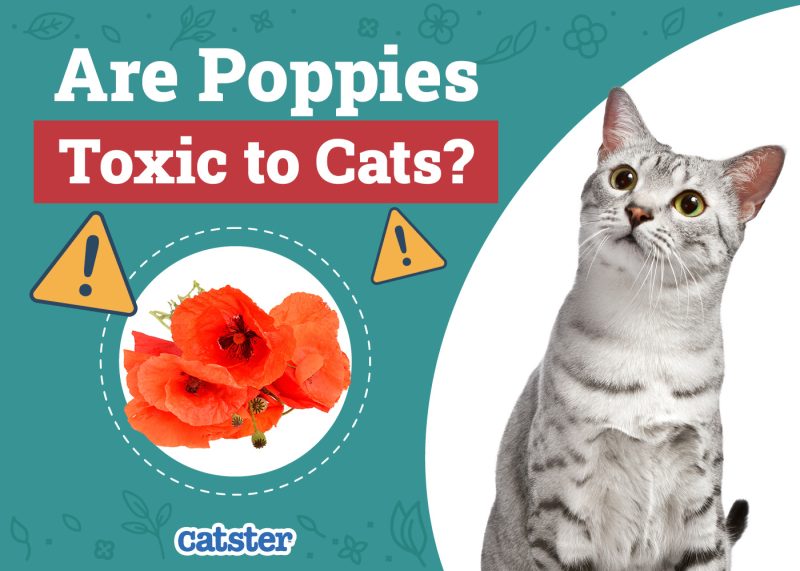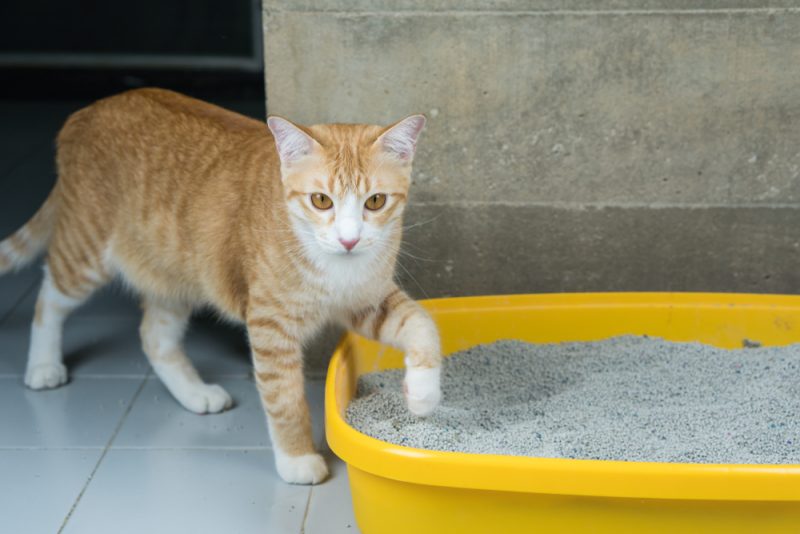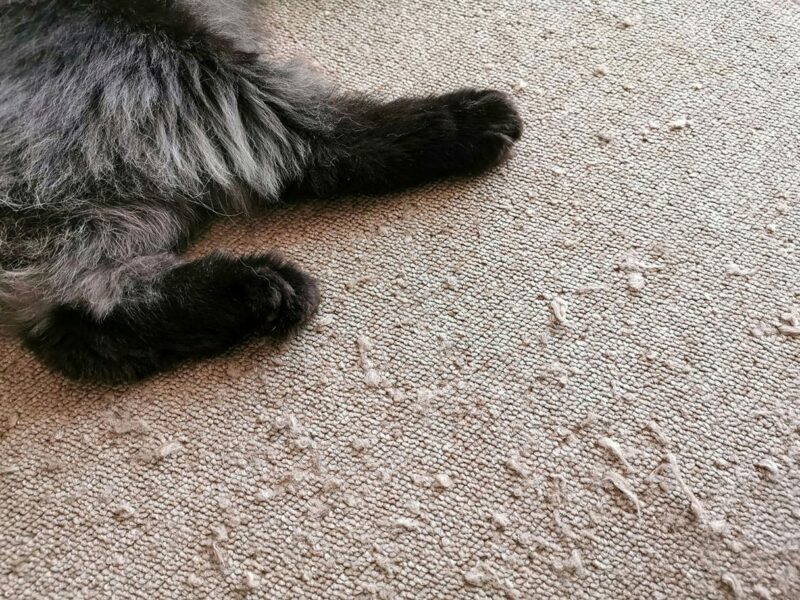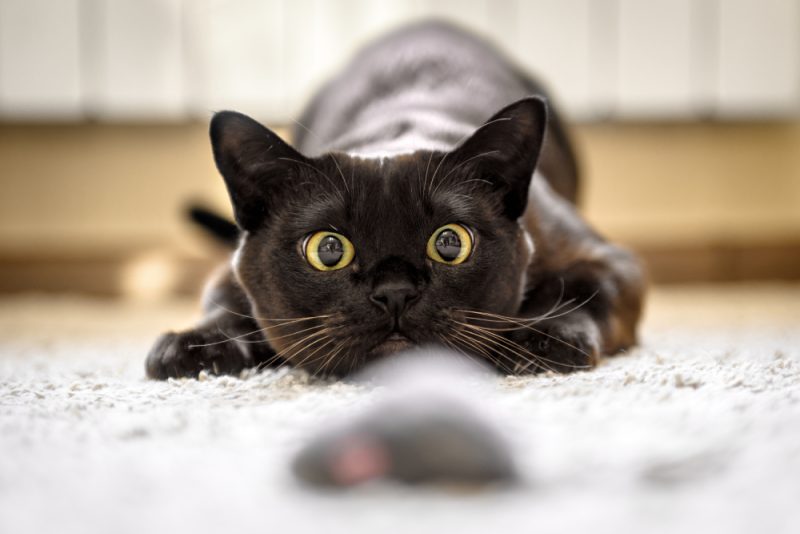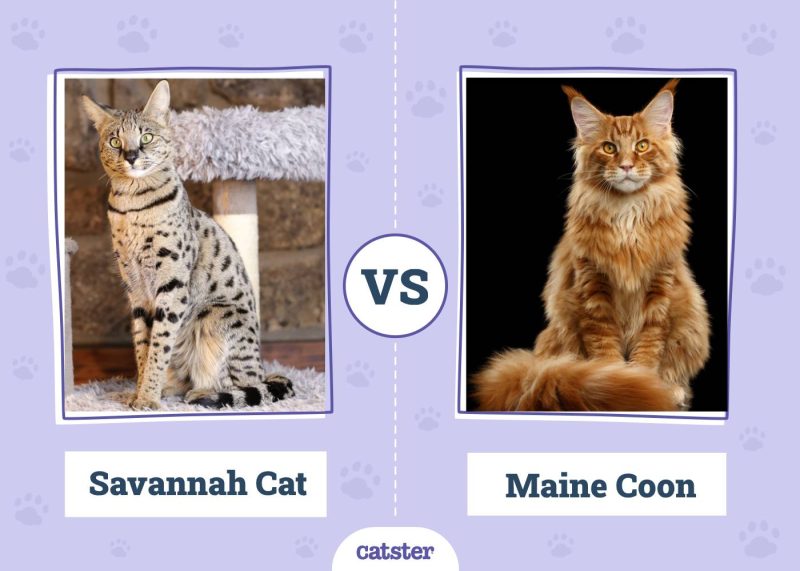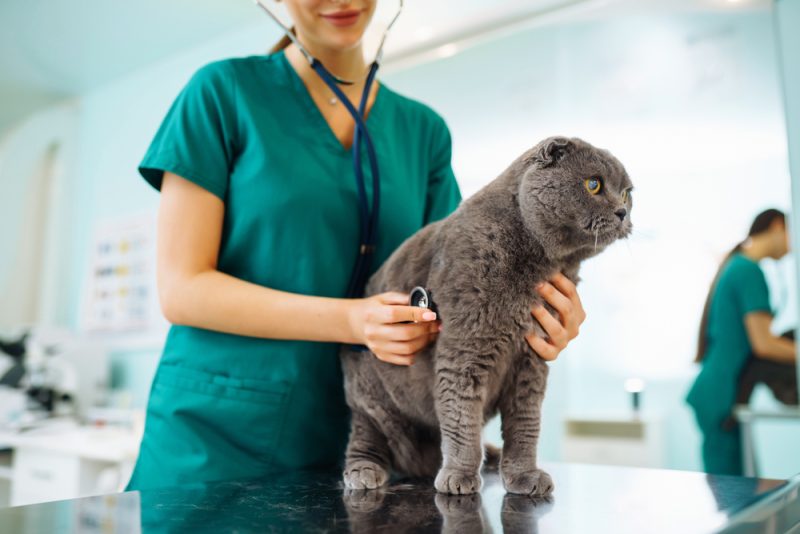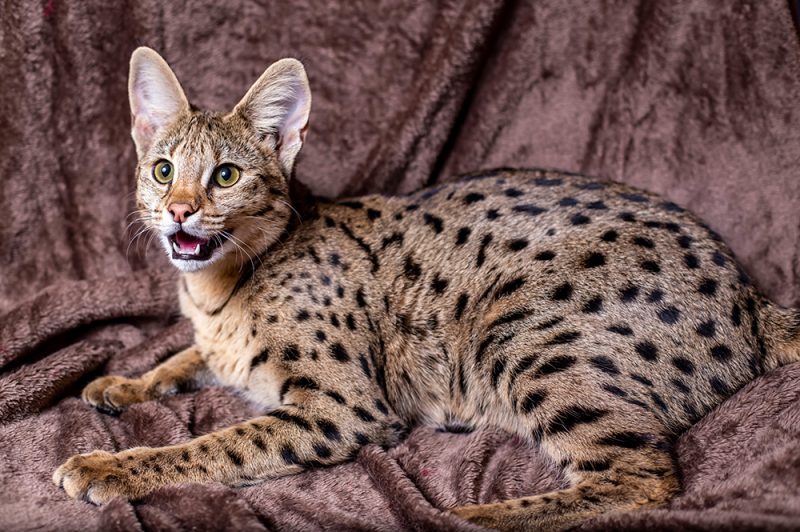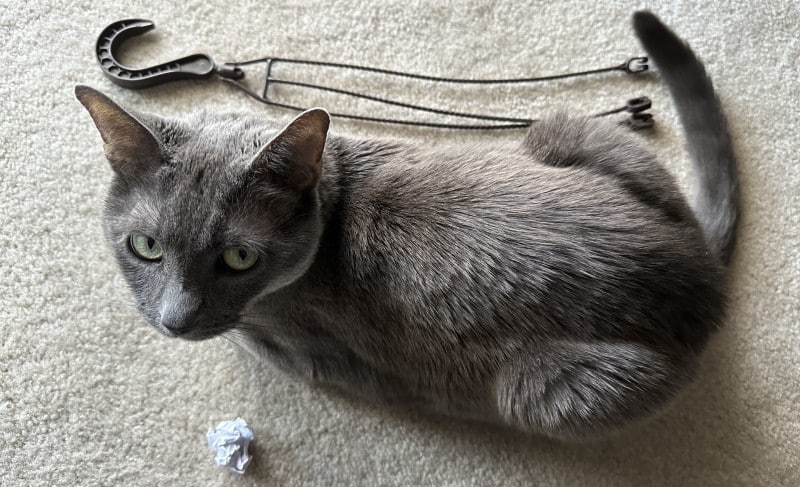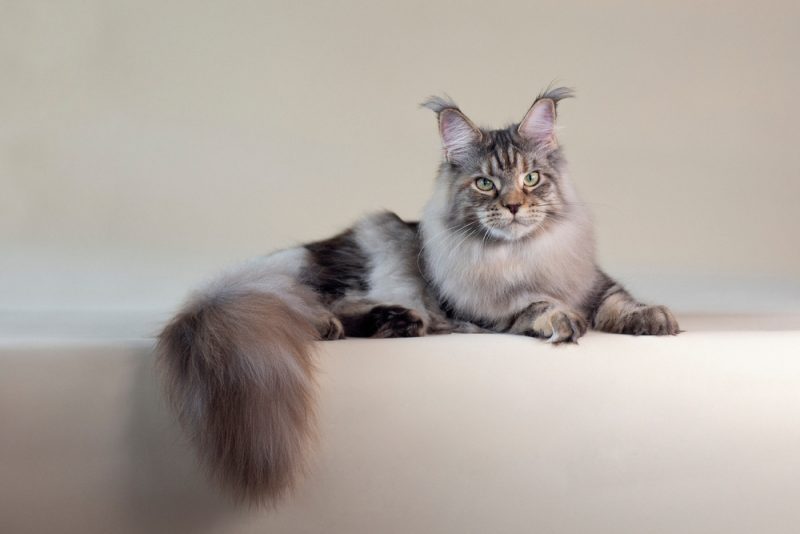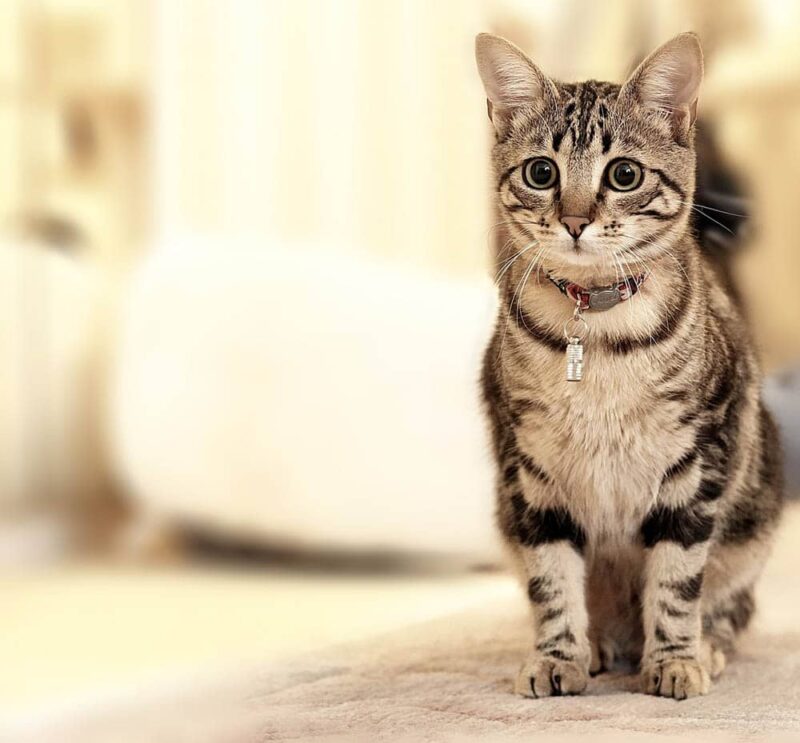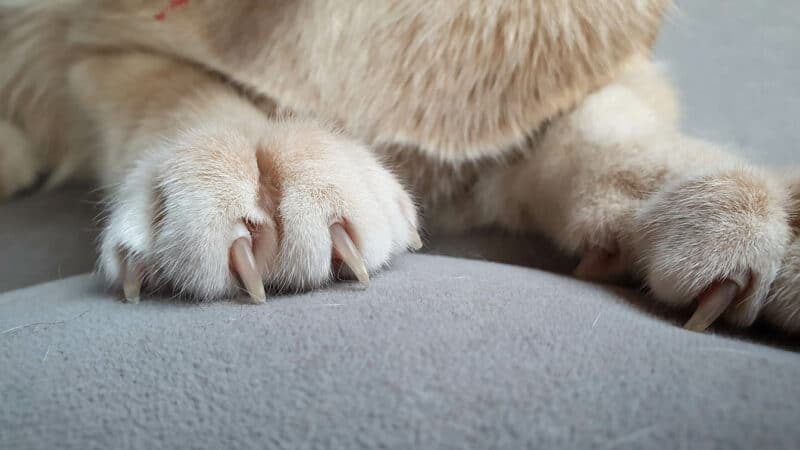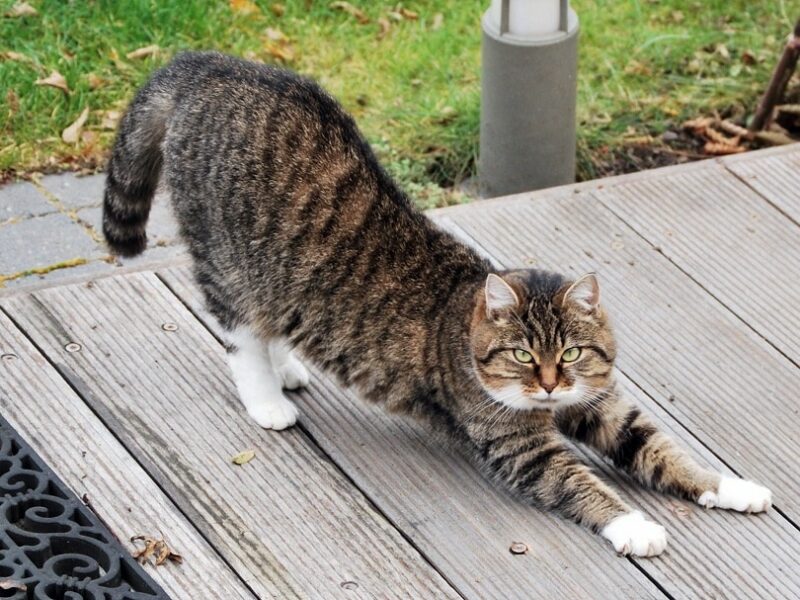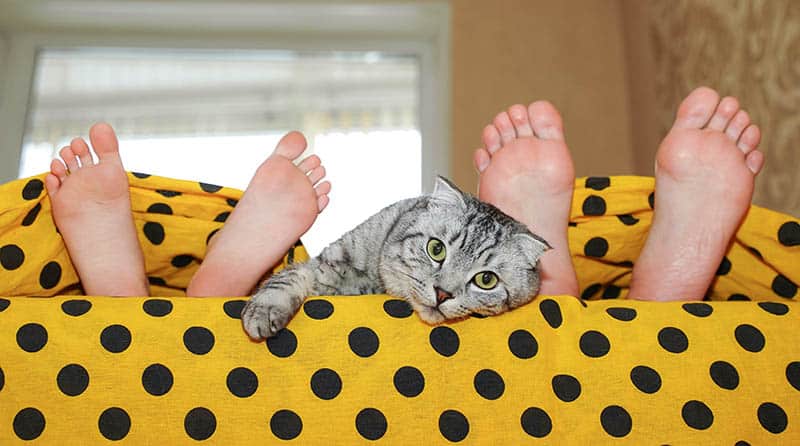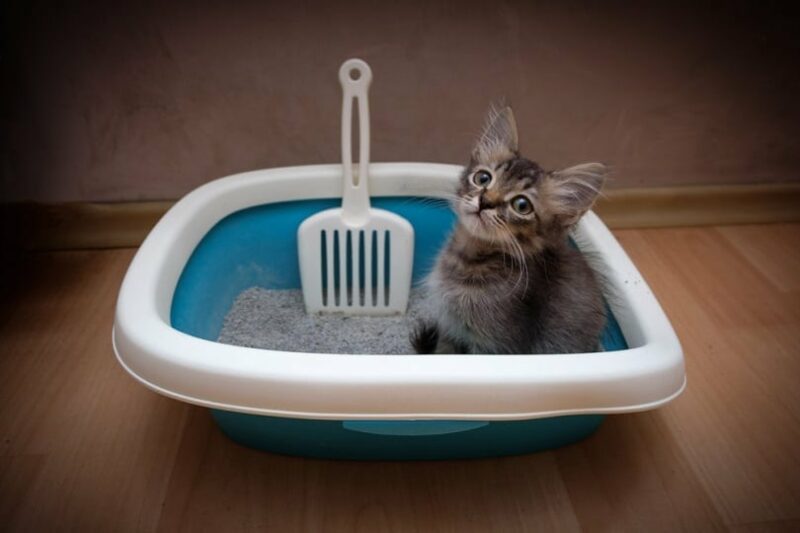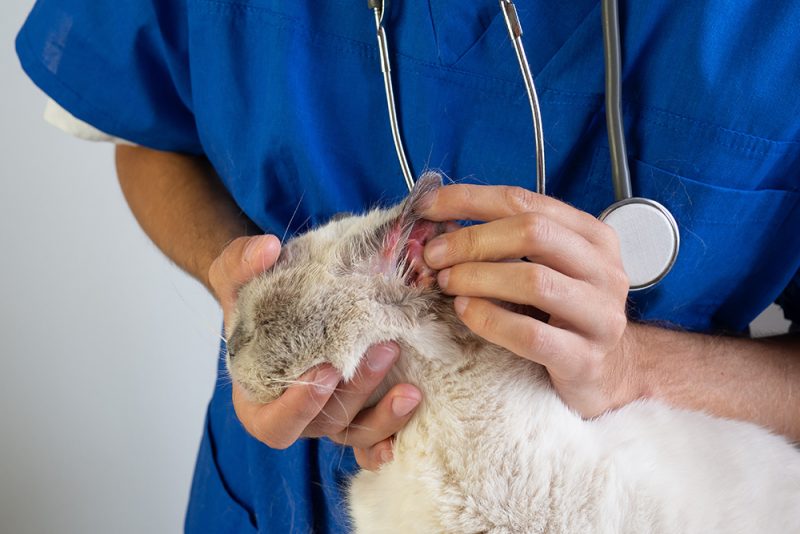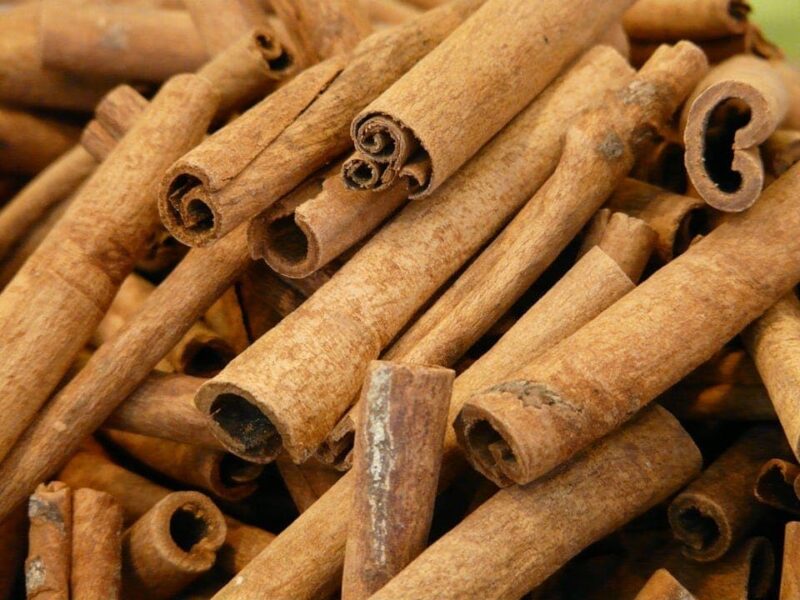In this article
Cats are intelligent creatures that usually avoid things that can hurt them. However, sometimes curiosity gets the best of them, and if your cat decides to eat some plants, including poppies, they can harm them.
Poppies are used to make opiates (including opium and heroin), and they are very dangerous for cats. All parts of the poppy, including the stem, leaves, seeds, and flowers, can cause health issues.
No studies could be found on the toxicity in cats through accidental ingestion, but it is extrapolated from information on the effect on dogs and other animals. It is assumed that ingestion of large amounts of poppy would be toxic to cats.

What Are Poppies and How Can They Affect Cats?
There are 70 species of poppy growing in temperate climates such as Europe and North America. Poppies contain opioid and alkaloid compounds such as isoquinoline and phenanthrene.
- Vomiting
- Pupil dilation
- Salivation
- Collapse
- Lack of coordination
- Problems walking
- Coma
These compounds are usually found in all parts of the poppy but are more concentrated in the milky “sap” found around poppy seed pods. However, your cat would likely have to ingest several poppies to cause a significant illness, and cats are generally unlikely to eat enough to cause harm. In addition, vomiting is usually one of the first signs that help remove toxins from the digestive system.
They are quite good at avoiding toxic plants, but be vigilant and avoid poppies in your home and garden, as even the seeds can cause poisoning. Seek advice from your veterinarian if your cat eats poppies, including the seeds, as signs can come on rapidly, and each cat may react differently.
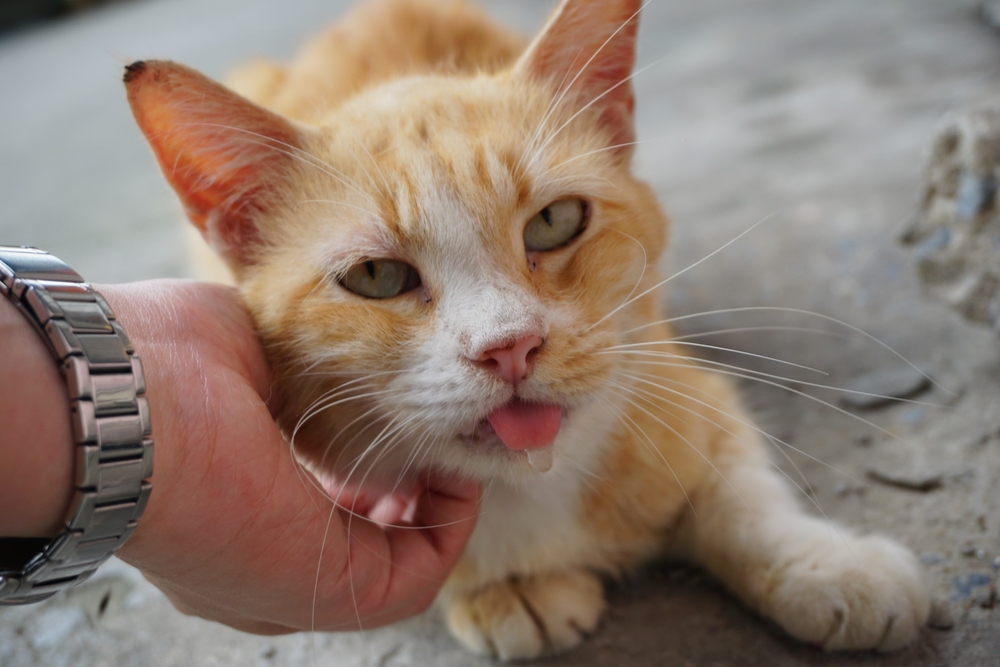
How Can I Tell if My Cat Has Eaten a Poppy?
One of the first things to look for is part of the plant in your cat’s vomit. Most of the time, your cat will vomit to begin trying to clear the toxins from their system; this might be distressing for you, but looking through their vomit for any signs of the plant, including the stem, flower, or leaves, can help identify which species your cat might have eaten.
Looking for the signs of poppy toxicity, such as vomiting, lethargy, or coordination problems, can also help, particularly if you have poppies in the garden or have noticed your cats around them.
When in doubt, take a picture of your garden and take your cat to the vet. The photo can be useful to your vet if you are unsure.
What Is the Most Toxic Flower to Cats?
Lilies are usually considered the most toxic plant to cats. Even the pollen of a lily plant on a cat’s fur can be lethal after they lick it off. The petals, stamen, pollen, leaves, and stems can all cause rapid kidney failure if ingested, which can be fatal even with prompt veterinarian treatment.
Even lapping at the water a lily has been in can be toxic, so it’s better to never have lilies in the house or the garden and thoroughly wash your hands and clothes after contact with lilies.

The ASPCA and petpoisonhelpline.com have useful information on many toxic plants that can be found in and around your home.
You might not always notice right away if your cat has consumed something they shouldn’t have. It is important to watch your cat’s behavior afterward to see if they are showing any symptoms of irritability or poisoning.
If you need to speak with a vet but can't get to one, head over to PangoVet. It's an online service where you can talk to a vet online and get the advice you need for your pet — all at an affordable price!


Final thoughts
Poppies have been used to produce opiates such as morphine for thousands of years and have been instrumental in combating pain in animals and humans. Ingesting poppies, however, can be lethal for many animals, including cats and people.
Their toxicity can have different effects depending on the type of poppy eaten, what part of the poppy was ingested, and how much. If your cat shows any signs of poppy toxicity or you notice they’ve eaten a poppy, take them to the vet’s, as it’s much better to be safe than sorry.
- Related Read: 8 Household Items That Are Toxic to Cats (Vet Answer)
